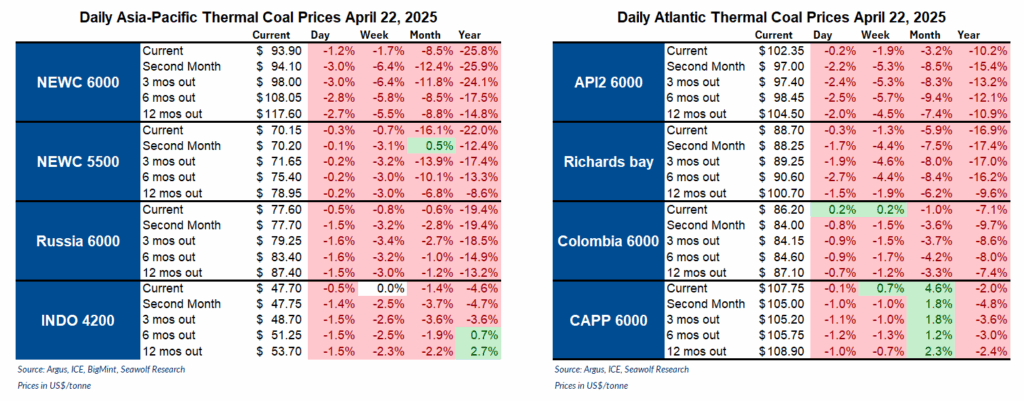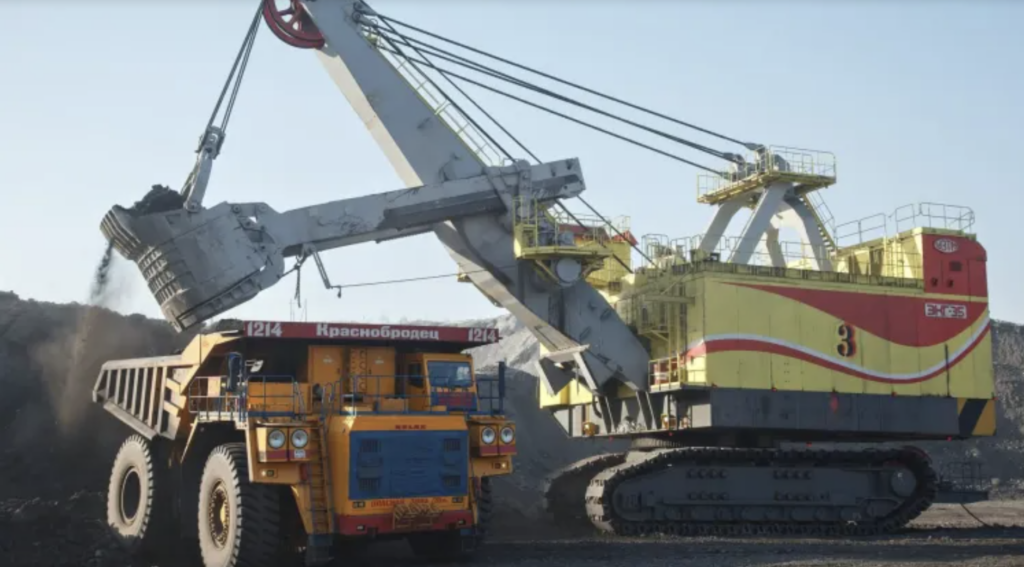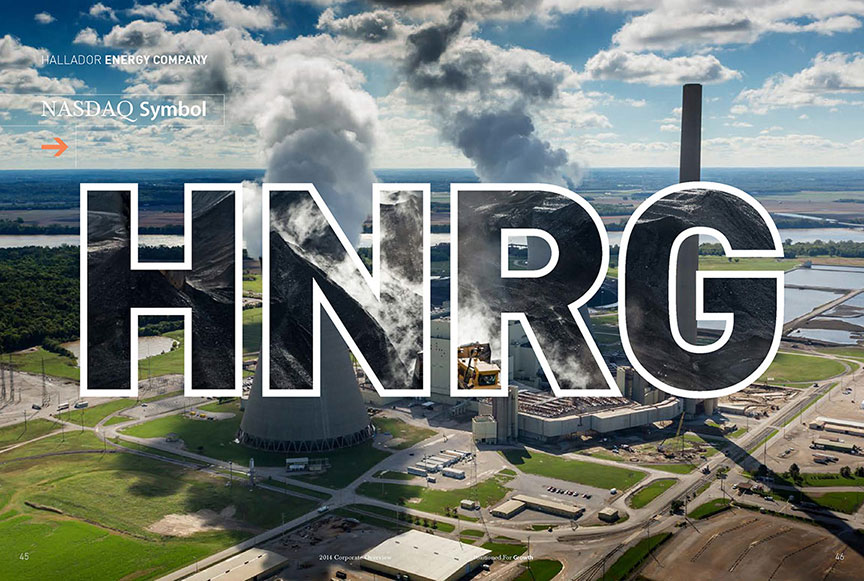Thermal coal and petcoke market participants had mixed views on potential pricing impacts following a major bridge collapse in the US city of Baltimore March 26.
“I don’t have a crystal ball for the direction of coal prices,” a US-based coal broker said. “I would suspect a temporary uptick in global prices to replace US NAPP coal but with demand lukewarm, prices could remain unchanged. Petcoke prices, probably similar — no changes. Biggest impact is to cash flow to companies like Consol.”
The Frances Scott Key bridge in Baltimore fell into the Patapsco River after a vessel from Singapore struck a supporting pylon early March 26. The vessel remained stuck in the debris, sources said. A mining source based near Baltimore said shipping agents confirmed navigation through Baltimore Harbor is suspended with no timeline for opening.
“The incident will restrict NAPP shipments from Arch Coal and create numerous problems in the supply chain for India,” a US-based trader said. “Possible effect on thermal coal to Europe. Bigger impact is India. Watch the petcoke prices jump!”
The port of Baltimore near the bridge is the largest in the US for specialized cargo. Baltimore was the top loading location for US thermal coal exports in 2023, US Census Bureau data showed.
“The authorities will take 6-7 days to assess how much debris is there from the incident and how much draft is available because if the draft is low then it could be a problem,” an India-based trader said. “The authorities may take 10-15 days to clear out the debris, so it means no ship movement during this period.”
Another coal market participant, a trader based in Singapore, said FOB Baltimore physical thermal coal prices were unlikely to be supported by the US bridge incident.
“Paper should be supported but physical won’t. There isn’t much demand in fact,” the trader said of FOB Baltimore thermal coal prices. “It will unlikely support petcoke price. Cements have ample stock at plant & port. Freight has softened as well.”
The Hampton Roads terminals in Virginia offer an alternative route for US NAPP and CAPP coal exports, but a terminal operator previously told Platts that East Coast ports were already at maximum capacity. Platts assessed FOB Hampton Roads 6,000 1%S at $87/mt on March 26, flat on the day, based on a broker indication of value at $87/mt, tested in the market through 11:30 am ET.
An analyst from S&P Global Commodity Insights said: “I don’t believe that it will necessarily raise coal prices – that would indicate that the market is balanced on a knife edge. Nor do I believe it will raise freight prices – at least not right now. It may provide a small bump for a short period to Colombian coal prices. My initial reaction is that 2.5 to 4 million mt of coal may be delayed until the waterway can be cleared. Over a longer period, if the water way is cleared in a week to two weeks, it will be less of an impact.”
The US exported 4.3 million mt of thermal coal from Baltimore to date in 2024, with over half of the volume, or 2.7 million, heading to India, according to S&P Global Commodities at Sea data. Other key destinations included China, Canada, and the Netherlands. Primary shippers included Arch Resources, Consol, Javelin, XCoal and JERA, CAS data showed. Meanwhile, only a single shipment of petcoke with 61,900 mt has been exported via the Baltimore port to India during the same period.
“First only two ports get impacted by this incident one is CSX and CNX. Looking at these two ports I don’t see there is much quantity of coal that will move out from the market. Second point: I have not seen any force majeure from any major supplier like Consol or Javelin or Arch or any other supplier,” an India-based trader said.
LNG terminal impact
The Cove Point LNG terminal in Maryland was unimpacted by the bridge collapse, a source said.
The facility was set to receive 880,000 MMcf/d of feedgas March 26, according to nominations for the morning cycle that can later be revised, S&P Global data showed. The export terminal reached a record high of over 907,000 MMcf/d of feedgas delivered on Dec. 12, 2023.
A spokesperson for Cove Point operator BHE said March 26 there were “no operational impacts to Cove Point.”
Source: S&P Global









